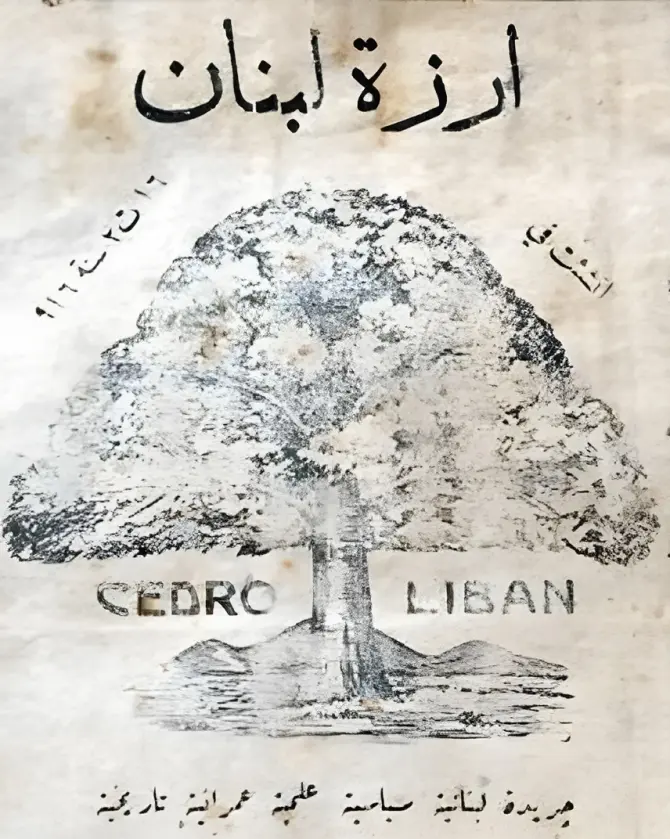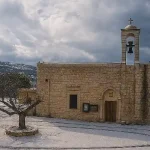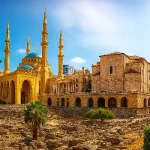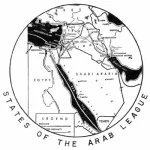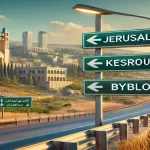As the Lebanese begin voting tomorrow in local municipal and selectmen elections, one cannot but notice the violation of basic democratic concepts with the archaic and anti-democratic “consensual” practice of rotating posts between the largest families in every village and town. Worse yet is the fielding of electoral candidate lists consisting of members of the prominent families in villages and towns.
This is the poison that afflicts Lebanese politics: Circumventing democracy with the so-called consensus, because the practice renders elections cosmetic, choreographed, futile and worthless. It invites people to vote for pre-selected consensual candidates who then have no real power: backroom deals and agreements between the notables invite corruption and often go against the real will of the electorate. Toufic Hindi has a perceptive opinion on the matter.
Youssef S. Hitti
By Dr. Toufic Hindi
Translated from the original Arabic (2018) by Youssef S. Hitti
Despite some elements of modernity one sees in the Lebanese individual, Lebanese society at large suffers from afflictions that make it much closer to the most backward societies in the world. The problem lies in the socio-political structure of Lebanese society, as it is a hybrid of Aryan feudalism and Semitic tribalism, as described by Ohannes Kouyoumdjian, the last governor (Mutassarif) of the autonomous Mount Lebanon Governorate. This characteristic is manifested by what we may call the “Political Houses” (or political families), be they large or small, ancient or nascent, that impose their hold over political life as well as over public and private life down to their smallest details.
In reality, this structure is rooted in ideology and the patterns of relationships associated with it in the social and political spheres. The problem is not only in the existence and behaviors of the “bosses” of these houses, but also in the voluntary submission to them by the people who accept their lordship over them. The “houses” secure the interests of their “subject” people outside the legal and systemic processes, and protect them against the reach of the central government, regardless of the nature of the government and the authority it exercises, in exchange for their blind allegiance and gratuitous fidelity.
Lebanon is essentially a group of warring competing statelets or mini-states, each established around one of those “political houses”, and each trying to secure the largest possible share of the central government’s authority to the benefit of its own private mini-state.
As such, it resembles the Mafias where the power of the boss of each Mafia organization depends not on the number of those willing to die for him, but on the number of those willing to kill on his orders. A kind of equilibrium of terror between these Mafias prevails on the Lebanese political stage. Therefore, how can one still wonder about the causes of the “state-as-a-farm” phenomenon? Or about such endemic afflictions as power-sharing quotas and allocations, bribes, corruption and political subsidiaries?
Is there a pathway for reform in light of the dominance the political houses have over Lebanese political life?
The problem is that reformist organizations, or at least those that have declared themselves as reformist, have not been able to achieve the desired objective; rather, they have mutated from political associations assembled around reformist political programs into groups of hirelings with primitive and glandular loyalty to the boss of a new improvised political house. The rookie boss of the novel house becomes himself the “cause” for which the association was established, and develops into a copycat of the traditional political house’s boss initially targeted by the reform.
Such is the state of the majority of Lebanese political parties: The boss is eternal and perennial, and his political status can only be inherited by his son, wife, brother, nephew, grandson, or the nearest blood kin that can be found. Politics in Lebanon, as is the case in the most backward of countries, is intimately tied to the genes and semen of the political house’s boss.
Hence, the central question: How can we break the vicious circle in which reform-minded Lebanese inevitably fall into?
How can a future be secured for the Lebanese people as they reel under this endemic determinism of the system of political houses?
How can a new political elite be produced, while the cartel of ancient and novel political houses continues its obscurantist hegemony over the lives of the young generation?
The backwardness in Lebanon is not simply due to the sectarian construct of Lebanese society. Neither is it in the “consensual” democratic system that some qualify as an abhorrent sectarian system. The backwardness of Lebanese political life lies squarely with the dominion of the political houses that corrupt this life with anomalous sectarian practices as a result of the egotistical nature of these houses and families. The political houses care little for the broader national interest and are always bent on monopolizing the decision-making of the religious sect to which they belong.
Any reform-minded elite must begin by becoming aware of this fact!


